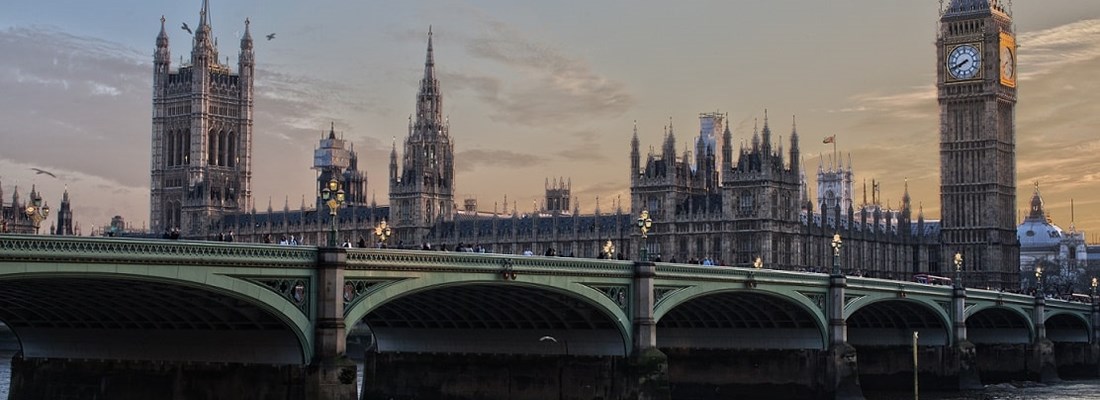Jeremy Hunt cuts NICs again in the Spring Budget

For the second fiscal statement in a row Chancellor Jeremy Hunt made cuts to National Insurance contributions (NICs). The changes will mean that the main rate of employee NICs has dropped four percentage points in less than four months this year.
The Chancellor delivered his ‘Budget for Long Term Growth’ on Wednesday 6 March 2024. His speech promised ‘more investment, more jobs, better public services and lower taxes’. Here we take a look at the measures the Chancellor took to meet these goals as well as those taken to balance the books by generating revenue.
Lowering NICs
The Chancellor made further changes to NICs following the cuts made in the Autumn Statement 2023. The rates for NICs will be cut by two percentage points for both employees and the self-employed from 6 April 2024.
This will see Class 1 employee NICs reduced from 10% to 8% from 6 April 2024, down from 12% at the end of last year. Meanwhile, Class 4 self-employed NICs are cut from 9% to 6% from 6 April 2024.
The cuts to NICs had been widely reported in the press in the days leading up to the Budget announcement, as were a number of the other headline measures.
Ending unfairness
The Chancellor said he recognised that the way Child Benefit is treated in the tax system is ‘confusing and unfair’. At present, two parents earning £49,000 a year receive the benefit in full but a household earning less in total than that does not if just one parent earns over £50,000.
In order to fix this he announced a consultation on moving the High Income Child Benefit Charge (HICBC) to a household-based system to be introduced by April 2026.
The government will increase also the HICBC threshold to £60,000 from April 2024. In addition, the rate at which the HICBC is charged will be halved so that Child Benefit is not fully withdrawn until individuals have an ‘adjusted net income’ of £80,000 or higher.
Relieving the tax burden
Mr Hunt made a number of other changes that will relieve the tax burden on businesses, families and motorists.
He cut the higher rate of capital gains tax on residential property disposals from 28% to 24%. The lower rate will remain at 18% for any gains that fall within an individual’s basic rate band.
The threshold for VAT registration will be lifted from £85,000 to £90,000 from 1 April 2024. According to the government, this will mean 28,000 businesses will no longer be VAT registered in 2024/25.
Fuel duty will remain at its current rate and be frozen for 2024/25. Alcohol duty is also frozen for 2024/25.
ISA for promising British businesses
The Budget saw the creation of a new ISA that will allow people to invest in UK-focused assets. The new UK ISA creates an allowance of £5,000. This will be in addition to the £20,000 that can be subscribed into an ISA. The government will consult on the details.
Making it possible
The Chancellor made his cut to NICs possible with a series of tax raising measures. These include the abolition of the Furnished Holiday Lettings regime and Multiple Dwellings Relief, alongside a new duty on vaping and an increase in tobacco duty.
In addition, the Chancellor announced a one-off adjustment on Air Passenger Duty (APD) rates for non-economy passengers.
The government is also extending the Energy Profits Levy, also known as the windfall tax on oil and gas companies, by an additional year to March 2029 as gas prices are forecast to remain ‘abnormally high’ until that time.
Non-Dom regime
The UK’s tax rules for non-UK domiciled individuals will be replaced with a residence-based regime that Mr Hunt says will raise £2.7 billion in revenue.
This new regime will commence on 6 April 2025 and applies UK-wide. Individuals who opt in to the new regime will be exempt from UK tax on foreign income and gains for their first four years of residence in the UK, while the government will make transitional arrangements for existing non-doms.
Spring Budget Rapid Reaction Webinar
If you need to understand the implications of the Spring Budget please join our Rapid Reaction webinar.
Mercia’s Pat Nown will review the announcements made and consider any immediate implications and actions for your clients
Budget Webinar




